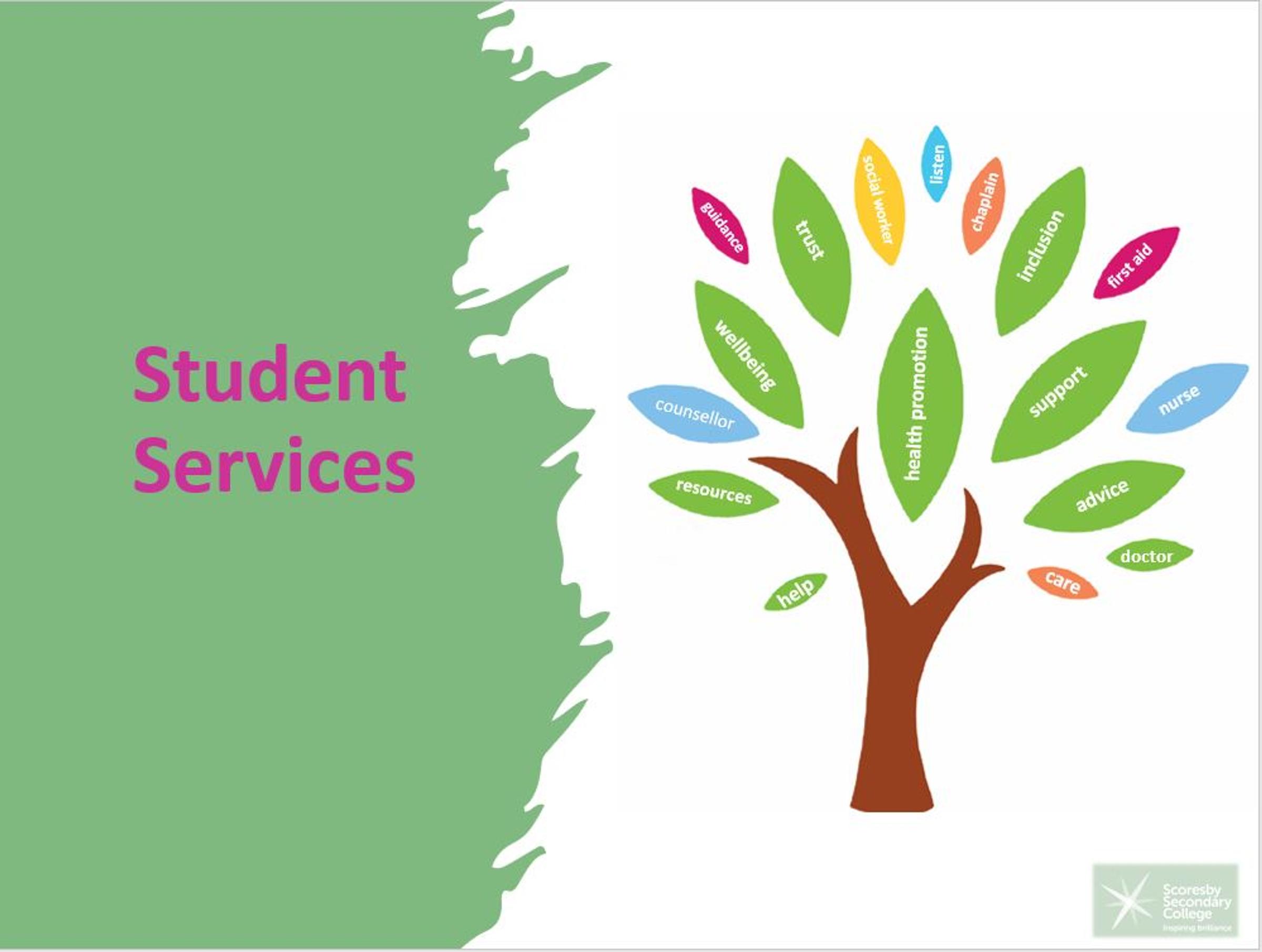Student Services

New Addition To Our Team
Myafi – social worker student
Hello Everyone! I’m Myafi, a social work student from the University of Melbourne, and I’m delighted to be joining your community for my placement. I’ll be working alongside Louise and Tahlia in the wellbeing team until the end of the year, and I couldn’t be more excited about this opportunity.
My passion for working with children and contributing to the education sector is what brings me here. I am genuinely inspired by the dedication and hard work of both the students and staff.
The energy and commitment I’ve witnessed have already made a significant impact on me. It’s truly a privilege to be part of such a vibrant and supportive environment, and I look forward to learning from each of you.
Thank you all for the warm and friendly welcome—I’ve felt right at home from day one. If you’re around the wellbeing office, please don’t hesitate to come by and say hi. I’m eager to get to know everyone and to be part of this amazing team!
School Holidays
With school holidays just around the corner, be sure to explore the exciting programs offered by Knox Youth Services. The Youth Hive is hosting a range of workshops and activities designed to cater to all interests. It’s a great opportunity for students to stay engaged and have fun during the break. Don’t miss out on these fantastic offerings!
https://www.knox.vic.gov.au/whats-happening/news/school-holiday-activities-young-people Top of Form
Support over the holidays
If you or someone you know might need support over the holidays, we have some valuable resources available to help. Don’t hesitate to reach out if you need assistance or someone to talk to. It’s important to take care of your well-being, and we’re here to support you. Here are some useful resources to keep in mind during the holiday season.
Kids Helpline:
1800 55 1800
Telephone counselling service for people aged between 5 and 25 / 24-hour service
24 hours/7days
Lifeline:
13 11 14
Crisis support, suicide prevention and mental health support services
24 hours/7 days
QLife
1800 184 527
LGBTIQ+ counselling and referral line
3pm – 12am
Parentline
13 22 89
Parents and carers with children from birth to 18 years
8 am–midnight/7 days
Headspace
1800 650 890
Young people aged 12–25
9am – 1am (7 days a week)
If you are in need of critical support or in a crisis, call 000 immediately
Mrs Louise West
Mrs Tahlia Pastor
Ms Alicia Alpuim
Wellbeing Team
Period Problems
Women can have a variety of problems with their menstrual periods. Some common problems are premenstrual syndrome (PMS), painful periods (dysmenorrhoea), very heavy periods (menorrhagia) and no periods (amenorrhoea).
Lifestyle changes and medicines may help period problems. The Jean Hailes fact sheet attached, outlines what is a period, menstrual cycles, what to expect during your period, premenstrual syndrome, period pain and when to see your doctor.
Premenstrual syndrome (PMS) or premenstrual tension (PMT) refers to a range of physical and emotional symptoms that some women experience in the one to two weeks before menstruation.
PMS is most likely due to changes in hormones and brain chemicals that occur during the menstrual cycle, combined with life’s tensions.
Physical symptoms include: fluid retention, food cravings, tender/ swollen breasts, weight gain, aches and pains, headache, constipation or diarrhoea, tiredness, no energy, difficulty sleeping, being clumsy or uncoordinated, skin problems (eg: pimples, acne).•
Emotional symptoms include: feeling irritable, sensitive, feeling sad, depressed, hopeless, anxiety, lower coping ability, lower libido, poor concentration, less interest in work and social life, wanting to be alone.
Period pain (Dysmenorrhoea) Period pain is thought to be caused by increased levels of body chemicals called prostaglandins. Prostaglandins affect uterine muscles and may also affect uterine muscles and may also affect stomach and bowel muscles.
Most women have some pain with their periods. Symptoms usually begin the day before the period and slowly ease after the bleeding starts.
Symptoms include: Cramping or aching pain across the lower abdomen, pain may spread to the lower back and legs, nausea, vomiting, diarohea, headaches and lightheadedness. MenorrhagiaHeavy periods are common but if it interferes with everyday life there may be a problem and a GP visit may help find the cause of the problem.
Amenorrhoea If a girl has not had a period by 16 years of age it is important that she check with a doctor. Medicines A variety of medicines can help with period problems.
Ask a pharmacist or doctor for advice about anti-inflammatory's, hormone therapy's or other scripted medications.
Self care Eat regular and healthy meals, exercise regularly, get plenty of rest and sleep, limit alcohol intake, avoid smoking, wear a comfortable and supporting bra, limit caffeine drinks as caffeine can worsen some symptoms of PMS, use relaxation techniques to help cope with the tension and pain.
To help ease period pain Massage your lower back and buttocks, place a heat pack on your stomach or lower back, lie flat on your back and put a pillow under your knees or lie on your side and bring your knees up to your chest.
Please click on the link below to download further information.
Mrs Jo Morkham
DISS clinic
